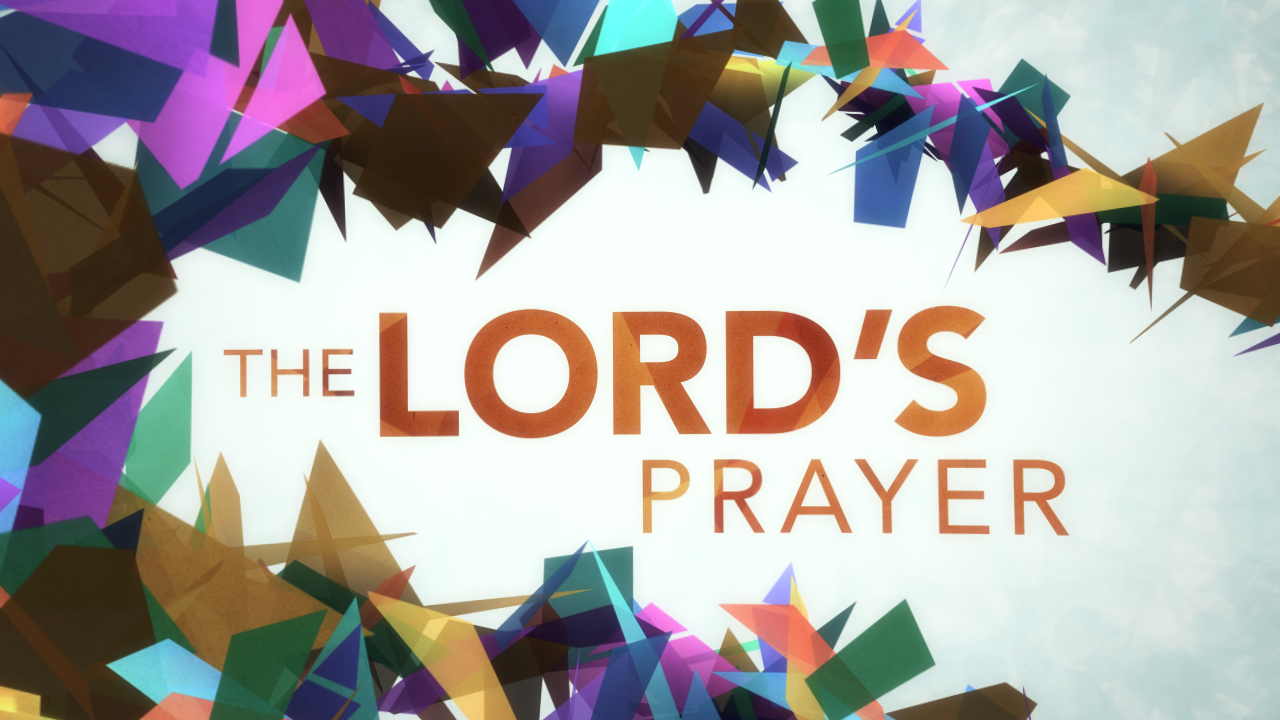-
(Sections 6 & 7) 6 - The Hour Of Decision And 7 - Walking In Wisdom
Contributed by Luther Sexton on Mar 17, 2019 (message contributor)
Summary: Some of the most precious experiences of one's life may be the times when the Lord seems near, and His Spirit has guided one to act in harmony with the Father's plan.
(Section 6 His Will)
VI. THE HOUR OF DECISION
A. INTRODUCTION
Some of the most precious experiences of one's life may be the times when the Lord seems near, and His Spirit has guided one to act in harmony with the Father's plan.
Note carefully that it is faith, the action of the heart in response to the Word, which establishes the requisite relationship to God; the “feeling” of the Spirit’s witness afterward is exceedingly precious, but not an essential prerequisite to that action. --E. Stanley Jones pg 131
B. THE CRUNCH OF DECISION
1. After all preliminary steps have been taken--relevant information gathered, counsel obtained, scriptural principles searched and weighed, and the whole bathed in prayer---at last the crunch time arrives. We must take the plunge. We must prepare heart and mind for action and thoughtfully come to a decision.
While seeking to have “the mind of Christ,” we finally have to make up our own minds on the evidence available and then step out in faith. pg 131
2. Consider these areas, in which it is not prayer for guidance that is required, but simple obedience: pg 132
a. Clear, unequivocal statements of Scriptural principle.
What does the Bible have to say in principle or by example
on this subject?
b. Claims of Duty --- Where does my duty lie?
We have fundamental duties in the areas of family, business, profession, church, and community.
c. Obedience to constituted authority. Is it lawful?
God’s will may conflict with man’s laws. In these cases, “we must obey God rather than men.” Acts 5:29
3. Be Careful --- In one hour of decision while he was still a young man,
John R. Mott made this observation: "In these days a man cannot afford to make any mistakes. Every decision a man makes shapes his entire life. As I look back on the few years that I have been making decisions, I can see how true this is in may case." pg 133
C. DECISIONS IN "GRAY" AREAS
1. Before taking the final and irrevocable step, the Christian seeking guidance would be wise to pass the prospective decision through a scriptural sieve.
2. Seven tests that are Scriptural to apply in the resolution of doubtful issues:
a. Will it bring glory to God? I Cor. 10:31 “Whether therefore ye eat, or drink, or whatsoever ye do, do all to the glory of God.”
b. Is it beneficial? Permissible? Yes. Beneficial? I Cor 10:23 “All things are lawful for me, but all things are not expedient: all things are lawful for me, but all things edify not.”
Will it help me to be more Christlike in character and more effective in my witness and service? pg 133
c. Is it constructive? Permissible? Yes. Constructive?
Is it for the good of others as well as of myself? pg 134
d. Does it have a tendency to enslave one?
I Cor 6:12 “All things are lawful unto me, but all things are not expedient: all things are lawful for me, but I will not be brought under the power of any.”
Permissible? Yes. Mastered by? Ex: Hobbies, Flea Markets, etc.
Permissible things can so demand our time and attention as to cause us to neglect other duties of greater value and importance.
e. Will it strengthen me against temptation?
It is futile to pray as our Lord taught us: "Lead us not into temptation
but deliver us from evil," if we voluntarily embark on a course that we
know will expose us to strong temptation.
Any associations that tend to make sin less sinful are to be shunned.
f. Is it characteristic of the world or of the Father?
I John 2:15 “Love not the world, neither the things that are in the world. If any man love the world, the love of the Father is not in him.”
There are some relationships, activities, and pleasures, while not sins, could be termed “hindrances.”
g. Could others be affected adversely by my decision?
I Cor. 8:13 “Wherefore, if meat make my brother to offend, I will eat no flesh while the world standeth, lest I make my brother to offend.”
Rom13:10 “Love worketh no ill to his neighbor: therefore love is the fulfilling of the law.”
D. HOW TO DISCERN GOD'S WILL pg 137
There are different types of decisions with which we are faced in the guidance process,
and each requires individual treatment. They fall into several categories:
1. Personal decisions that affect lifestyle of vocation--marriage, occupation, education, church memberships, and so on.
2. Straightforward decisions, where a single moral principle would be applicable, for
example, something that involves dishonesty. Such decisions call for obedience rather than prayer.
3. Non-moral decisions, decisions which no moral issues are involved.
4. Complex decisions in which more than one issue is involved.

 Sermon Central
Sermon Central



